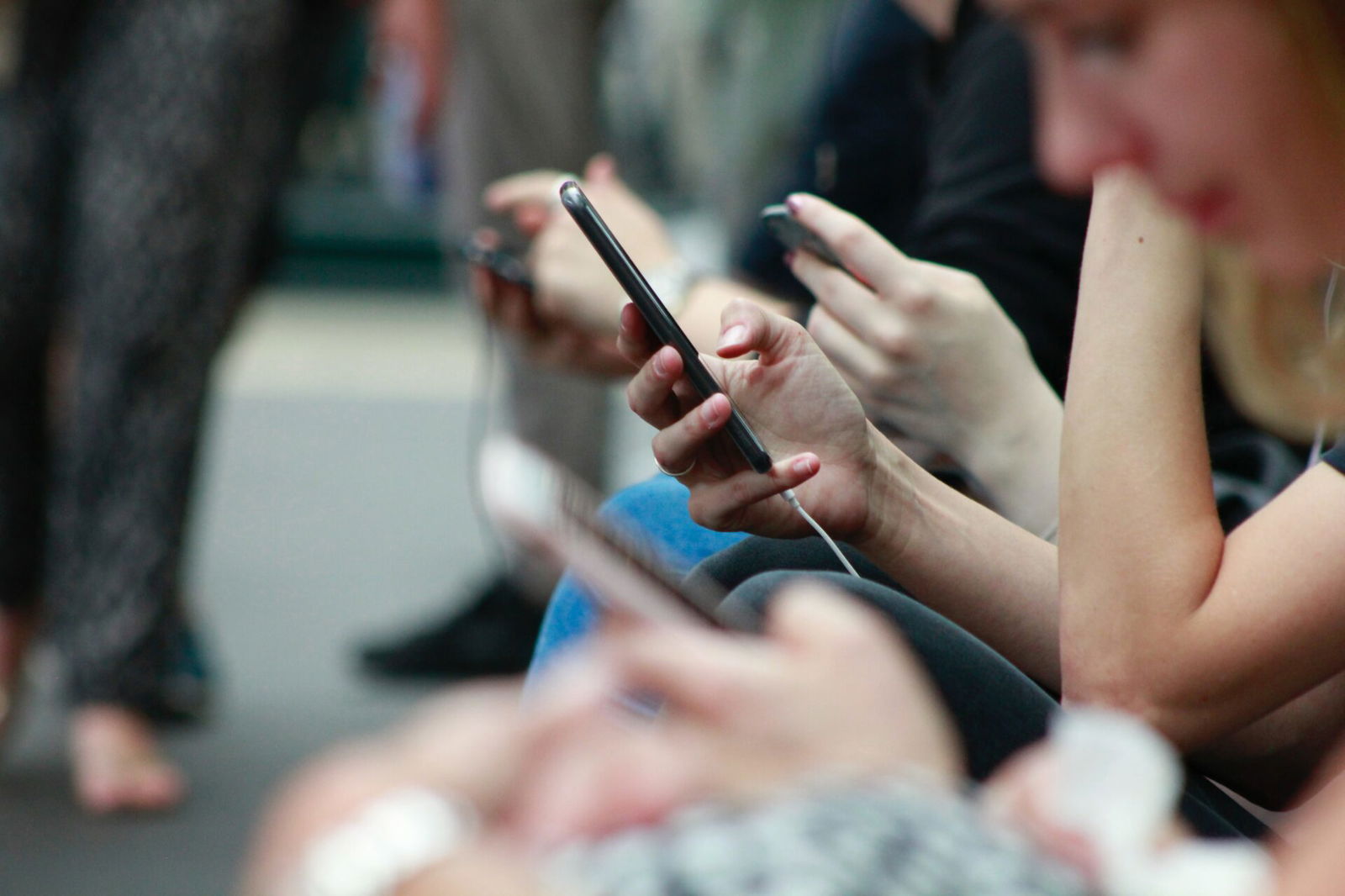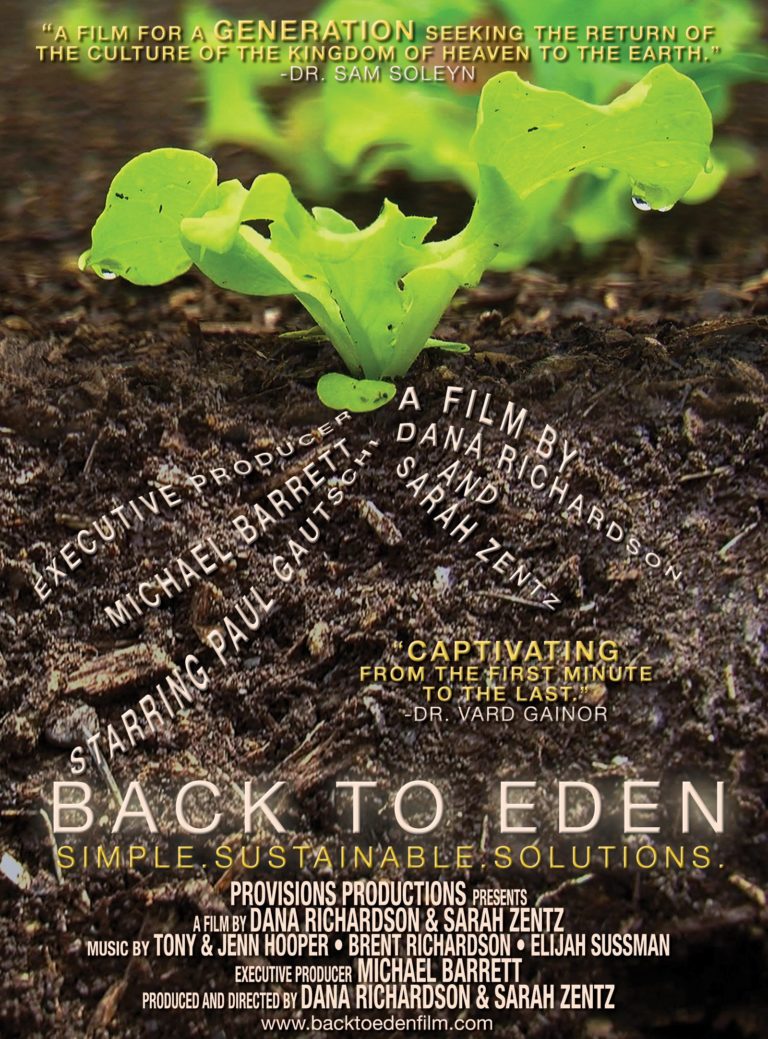
Tech Claims to Connect, but Gen Z Says It Does the Opposite
By Movieguide® Contributor
Many teens get their first cell phone around age 12 and even receive a tablet by age 11. While these young people claim that technology helps them feel connected, new research shows that this is not the case.
Father-daughter duo Amy and Andy Crouch partnered with the Barna Group to study how teens and their families should “respond to the new force shaping their lives.”
Their study found that, while teens think that technology makes life easier and gives them a feeling of connection, “they also worry that their devices are cutting both ways: harming their ability to connect to others and making them even more bored than they were before they picked up their device.”
The data showed seven in 10 teens (68%) “agree that devices keep them from having real conversations,” and a third of those feel “devices sometimes separate them from other people.”
Teens recognize a paradox with tech; it connects them and also disconnects them from others.
Moreover, the study showed that when it comes to learning, many teens prefer in-person but often choose digital.
“Though teens largely prefer in-person to online activities, they admit to often spending more time in the digital realm than in the real world. While they wish they could engage with the real world, their devices usually win,” the study revealed.
The Crouchs wrote “My Tech-Wise Life: Growing Up and Making Choices in a World of Devices,” summarizing their findings.
“A lot of the work out there directed at teens and young adults is coming from well-meaning adults who don’t see what it’s like to be young and have the virtual world be your real world,” Amy said of why she wrote the book. “There wasn’t someone out there speaking honestly about what it’s like to be a young person today, someone who wasn’t condemning tech unilaterally but was being honest about the challenges we face. That was something that I could do.”
Kids want help to make wise decisions about technology.
“They propose that kids assess their family’s dependence on tech and seek a way forward, through simple but counter-cultural changes like moving devices out of bedrooms, setting device-free dinner times and taking Sabbaths from tech,” Barna said. “It may seem improbable, but both Amy Crouch and her father Andy Crouch believe Gen Z has the potential to be the first tech-wise generation.”
“Living tech-wise is about rejecting the things which are kind of easy, but ultimately do us harm,” Amy explained. “But that is actually what all of life is about. I truly believe that being someone who is trying to live a good life, we need to have the power to say, no, I’m not going to go with the easy thing. I’m going to go with a thing that is right and good.”
Movieguide® reported on a recent study that shows how teens are more at “peace” without screens:
While increased screen time leads to comparison, jealousy and envy in teens, a recent study conducted by Pew Research found that those who spend less time scrolling experience more joy and peace.
“Roughly three-quarters of teens say it often or sometimes makes them feel happy (74%) or peaceful (72%) when they don’t have their smartphone,” the study found.
“I think screen time is one part of the picture…but it’s really not the whole story,” noted Dr. Laura Erickson-Schroth, the chief medical officer at The Jed Foundation.
Other factors impact how screens affect teens’ mental health. She explained that the biggest potential harm from screens is its effect on sleep.
“Being in front of a screen before bed means you’re being exposed to blue light, which can suppress melatonin production and make it more difficult to fall asleep or get quality sleep,” Fox 25 reported.
“So, certainly screen time at night can throw off your circadian rhythm,” Erickson-Schroth explained. “In other areas, there isn’t as much evidence that screen time, directly using your phone, has an effect on mental health.”
Questions or comments? Please write to us here.


 - Content:
- Content: 
